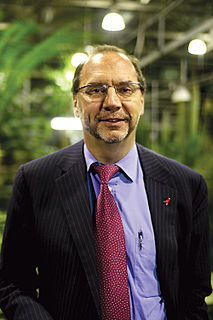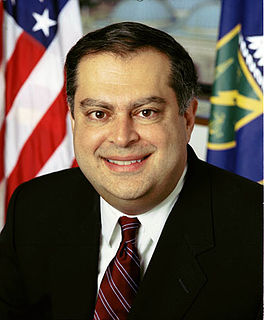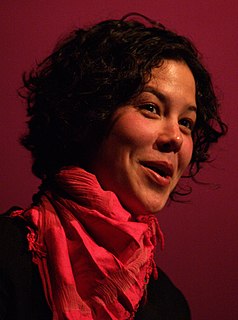A Quote by Tom Frieden
We know how to stop Ebola: by isolating and treating patients, tracing and monitoring their contacts, and breaking the chains of transmission.
Related Quotes
Treating only terminal cancer patients, the Rand (anti-cancer) vaccine produced objective improvement in 35% of 600 patients while another 30% demonstrated subjective improvement. FDA stopped the vaccine's use in a federal court hearing where neither the cancer patients nor their doctors were allowed to testify.
You don't know how to fix the holes in our ozone layer. You don't know how to bring salmon back up a dead stream. You don't know how to bring back an animal now extinct. And you can't bring back forests that once grew where there is now desert. If you don't know how to fix it, please stop breaking it!






























